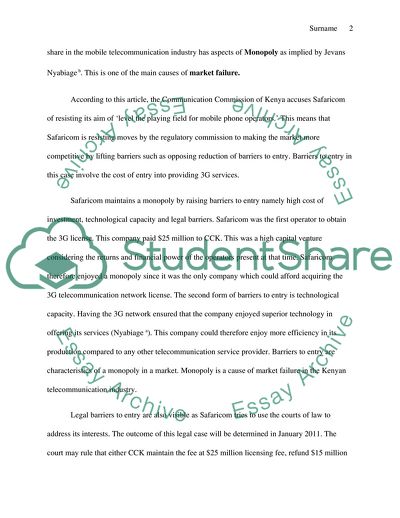Micro economics, IB internal assessment (market failure) Essay. https://studentshare.org/business/1763929-micro-economics-ib-internal-assessment-market-failure
Micro Economics, IB Internal Assessment (market Failure) Essay. https://studentshare.org/business/1763929-micro-economics-ib-internal-assessment-market-failure.


